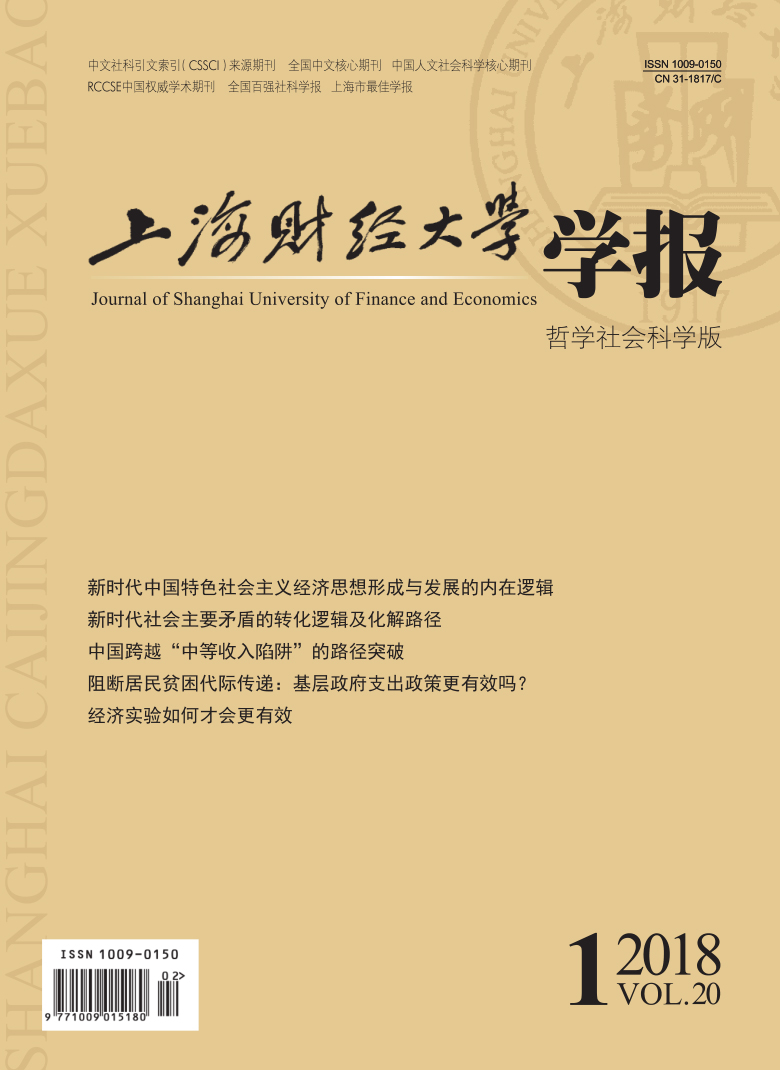The road franchise is rooted in the privatization and stock reform of traffic infrastructure. There is a controversy about the nature of the road franchise as a civil right or an administrative power. The road franchise stems from public franchise, so it is a civil right, but also reflects public interest factor. As the road franchise is a civil right and is featured by public interests, traditional regulation relying on command and control cannot take incentive mechanism as regulation factor and thus cannot get its goal effectively because of excessive rigidity. Faced by the trend of regulation reform, the contract regulation, a sort of self-regulation, is a new tool of public governance. It introduces mandatory norms into the contracts, to ensure that the enterprises accept regulation and take the responsibility of regulation. The advantages of contract regulation lie in that it makes the incentive mechanism embedded in the regulation system, to attain better regulation. It also can expand the participation of the regulated and the stakeholders, to improve the rationality of regulation policies. Nowadays, as for the construction of the system of road franchise regulation, the main difficulty is how to arrange the regulated norms into the franchise contracts, to achieve the aim that the regulated enterprises carry on the regulation responsibility voluntarily. Firstly, the regulated norms can be divided into mandatory norms and arbitrary norms. The aim of the contract regulation is to format regulatory norms through rational and legitimate procedure, and then achieve the aim that the private subjects provide public services continuously. So, any provision involved should be the mandatory norms, and they don’t allow the parties to do any modification by negotiations. Secondly, the mandatory norms of road franchise contracts must include content such as: (1)toll rate standard, adjustment procedure and ways, which should conform to the bottom lines of the law, and then could be negotiated further; (2)balance of payments that refer to the public finance and the prices of the public services; (3)the content, scopes and procedures of information publicity which can prevent the enterprises from break the rights of the consumers through information dissymmetry; (4)compulsory acceptance and requisition that refer to deprivation and compensation of private property, and should be restrained by mandatory norms. Besides those norms, the content of the contracts should be reached by negotiations. At the process of the norms formation, the valid administrative procedure including public participation should be applied, as to reach the regulation goals.
 / Journals / Journal of Shanghai University of Finance and Economics
/ Journals / Journal of Shanghai University of Finance and EconomicsJournal of Shanghai University of Finance and Economics
LiuYuanchun, Editor-in-Chief
ZhengChunrong, Vice Executive Editor-in-Chief
GuoChanglin YanJinqiang WangWenbin WuWenfang, Vice Editor-in-Chief
On the Regulation of Road Franchise Contracts in China: Centering on Franchise Contracts
Journal of Shanghai University of Finance and Economics Vol. 20, Issue 01, pp. 140 - 152 (2018) DOI:10.16538/j.cnki.jsufe.2018.01.011
Summary
References
Summary
Cite this article
Chen Xuehui. On the Regulation of Road Franchise Contracts in China: Centering on Franchise Contracts[J]. Journal of Shanghai University of Finance and Economics, 2018, 20(1): 140–152.
Export Citations as:
For
ISSUE COVER
RELATED ARTICLES




 8092
8092  8100
8100

